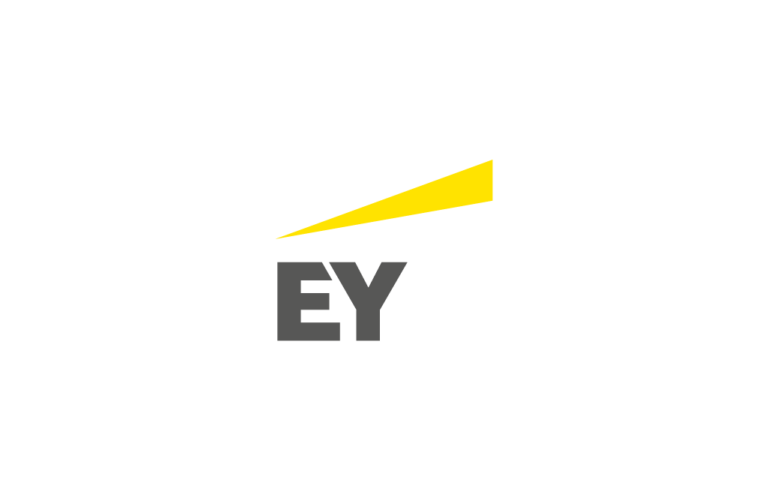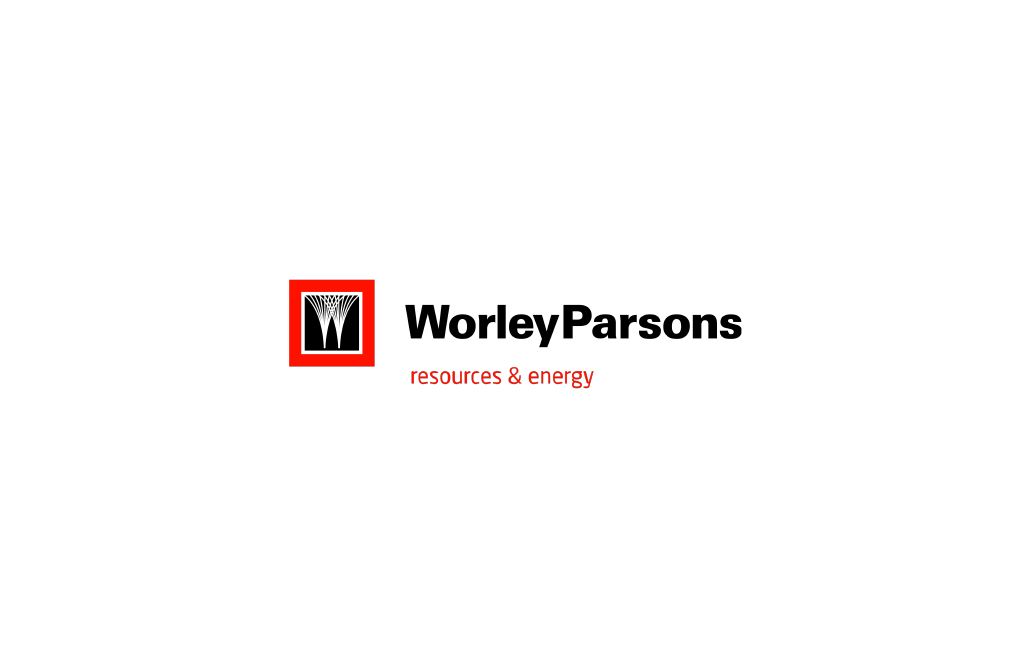Taking inspiration from Pearn Kandola’s Mirror workshop, Ernst &Young (E&Y) is educating its managers to become more aware of personal bias and its impact. The professional services firm has seen immediate and direct results – both in the workplace and beyond – from introducing this innovative and interactive training programme. A key outcome of encouraging its managers to think more carefully about people decisions is a more equitable environment for career progression.
Reducing unconscious bias is an important element of E&Y’s approach to diversity.
The company’s Director of Diversity and Inclusiveness, Fleur Bothwick initially asked Pearn Kandola to run workshops on this topic for the senior management team and the Diversity Steering Committee.
E&Y subsequently decided to build on this training when demographic analysis showed that the company’s internal performance rankings put women at a disadvantage for career development. “The original workshops were leading edge and set our strategy for the new Mirror-style training,” explained Fleur.
“Pearn Kandola’s thinking about individual and organisational unconscious bias is lateral and progressive. The visual imagery and illusions they use in their workshops, for example, powerfully demonstrate that people can look at the same thing and yet see it in different ways.”
Using this type of content from The Mirror, E&Y developed a presentation for all those involved in agreeing performance rankings. The company also ran an interactive telephone-based training programme for 500 managers, who were able to ask questions in real time. This has since been developed for use on the web, making it accessible to everyone anytime, anywhere. It takes 45 minutes to complete and is now essential training for all E&Y decision-makers.
In the current economic climate, this e-learning programme has proved to be a good way of getting the message across quickly, said Fleur:
“The training has already made a real difference. On a day-to-day basis our managers now talk regularly about ‘unconscious bias’. The performance rankings have also improved. This shows that managers are thinking more carefully about people; what training they give them; and how to rank them. But being more aware of personal bias has had a wider impact – it’s changing how managers plan their work, operate with clients and even go about their everyday lives.”




